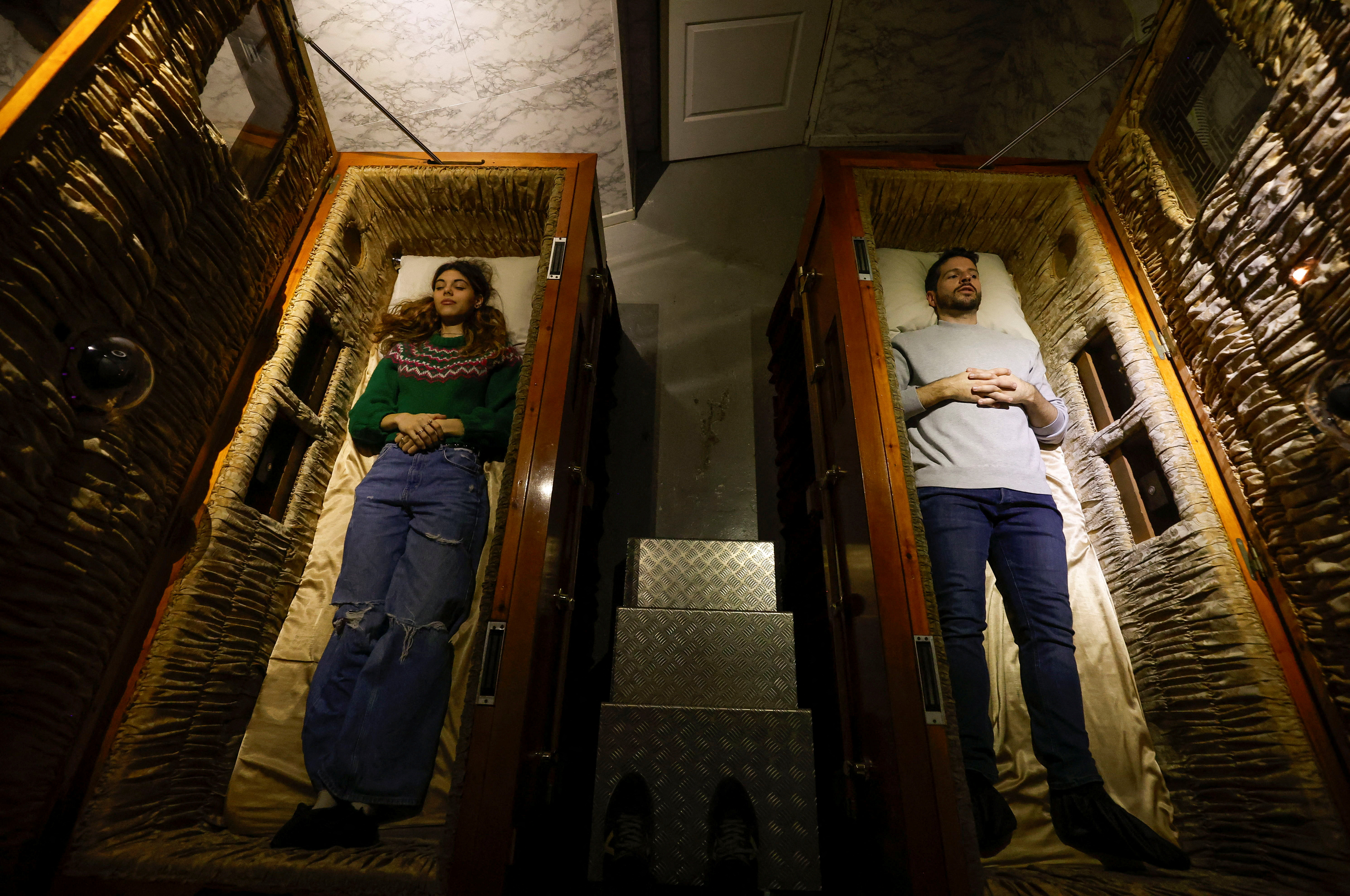Best Escape Room Experience-- Exciting Gamings and Puzzles for Groups
Best Escape Room Experience-- Exciting Gamings and Puzzles for Groups
Blog Article
Group Approaches: Just How to Team up Efficiently in a Getaway Space
Browsing the complexities of an escape room demands greater than plain excitement; it needs a well-coordinated strategy based in clear communication, tactical role projects, and skilled time management. Teams should proactively pay attention to every member's insights, appoint duties that align with individual staminas, and keep regular check-ins to make sure focus and avoid redundancy. By fostering an atmosphere that values cohesion and versatility, groups can dramatically enhance their performance and success prices. The nuances of these strategies can change the experience, yet exactly how exactly can they be implemented to make best use of the capacity for success?
Establish Clear Communication

To assist in clear interaction, it is important to mark a central factor of contact for info dissemination. This function involves summing up searchings for and proposed approaches to guarantee every person remains on the exact same page. Furthermore, adopting a systematic technique to conversations can protect against chaotic exchanges. Brief, focused updates from each group member can maintain the group informed without overwhelming them with details - best escape room.

Appoint Functions Strategically
While clear communication sets the foundation for effective teamwork, designating duties tactically ensures that each group participant's strengths are made use of efficiently. In a retreat area scenario, the time-sensitive and intricate nature of challenges requires a well-organized strategy to task delegation. By recognizing and leveraging specific expertises, teams can enhance their analytical abilities and boost overall efficiency.
Someone with a keen eye for information may stand out in discovering concealed things, while a rational thinker might be better fit to fixing puzzles. This role typically calls for solid organizational and interpersonal skills.
Second, ensure that duties are versatile and versatile. As new difficulties arise, the group has to have the ability to pivot, reapportioning tasks as required. This adaptability helps maintain momentum and avoids bottlenecks that might take place as a result of inflexible function tasks.
Ultimately, a strategic approach to role job not only maximizes the toughness of each employee however likewise promotes a cohesive setting, driving the group in the direction of a successful escape.
Make Use Of Diverse Abilities
Acknowledging and using the varied skills within your group can substantially elevate your efficiency in a getaway room. Each employee brings one-of-a-kind strengths to the table, and effectively leveraging these abilities can speed up problem-solving and boost browse around here overall performance. A group participant with strong analytical abilities may succeed at figuring out complicated codes or patterns, while one more with keen observational capabilities might promptly detect hidden hints that others may forget.
Efficient interaction is key to utilizing these varied skills. Motivate staff member to voice their understandings and concepts promptly, making sure that all possible options are taken into consideration. This comprehensive approach cultivates a vibrant atmosphere where creative thinking and critical thinking can flourish. In addition, appointing jobs that straighten with each member's toughness can protect against traffic jams and ensure that development is continual.
In addition, variety in abilities typically translates to diversity in assuming designs, which is important in an escape area setup. While some obstacles may require sensible reasoning and precision, others may take advantage of creative and side reasoning. By recognizing and leveraging this variety, teams can address a a knockout post broader variety of challenges better, thus increasing their opportunities of a successful escape.
Manage Time Successfully

Recognize visible puzzles and separate jobs based on group participants' staminas, ensuring that no one is idle. This technique can aid maintain the team concentrated and protect against time from sliding away undetected.
Additionally, stay clear of passage vision. If a problem is taking also long, turn employee or carry on to one more difficulty, returning later with fresh point of views. Communication is paramount-- keep click here now everybody upgraded on resolved challenges and continuing to be jobs to prevent redundant initiatives.
Last but not least, make use of any tips or hints moderately but strategically - best escape room. Recognizing when to ask for aid can conserve valuable time. By sticking to these time management principles, groups can considerably improve their opportunities of a successful and delightful escape room experience
Debrief and Mirror
Reflection is an important facet of team growth and enhancement in the context of retreat rooms. When the obstacle is completed, whether successfully or not, it is critical for the team to engage in a structured debriefing session. This process permits employee to assess their efficiency, recognize strengths, and identify areas for improvement.
Start the debrief by reviewing what went well. Highlight particular instances of effective interaction, analytic, and collaboration. Acknowledging these positive behaviors enhances them and urges their rep in future challenges.
Next, address the obstacles experienced. Go over minutes of complication, miscommunication, or ineffective techniques. Motivate an open and useful discussion where group members can share their point of views without concern of objection. This promotes a culture of constant enhancement and discovering.
Conclusion
In conclusion, successful collaboration in an escape room is based upon clear communication, tactical duty jobs, the efficient application of varied skills, and proficient time administration. By creating a cohesive and flexible team atmosphere, the likelihood of effectively solving challenges and attaining the objective of running away the room is substantially enhanced.
Report this page